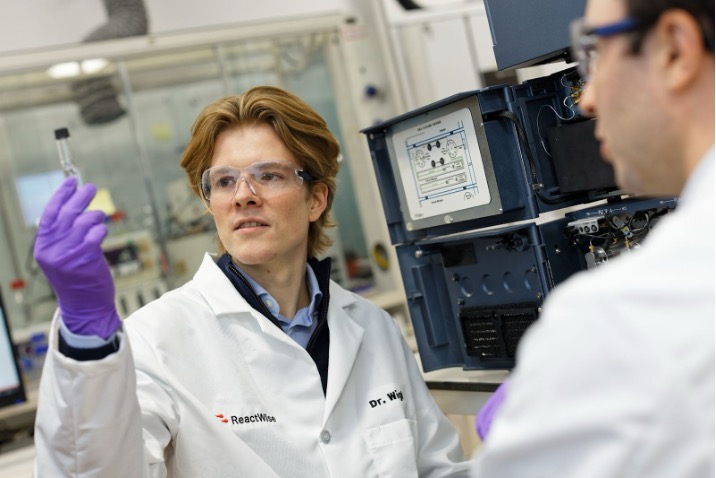
Do We Still Need Wet-Lab Chemistry?

Do we still need wet-lab chemistry? With cloud-based access to supercomputers, next-generation chips, and machine learning, can’t we just simulate everything?
Molecular dynamics, Density Functional Theory (DFT), quantum chemistry - simulation methods keep getting better.
But here’s the thing: The wet-lab experiment is still the ground truth.
Simulations are incredibly useful. They help us understand mechanisms, predict properties, and guide discovery. But they’re still approximations.
Chemistry is messy. Predicting what will work in the lab is hard - there are often many variables, and much complexity.
So the question isn’t whether we need experiments.The question is:
→ How do we design better ones?
→ How do we cut through trial and error faster?
This is where Bayesian Optimization (BO) comes in.
BO doesn’t replace experiments - it maximizes their value. It helps scientists pick the next best experiment to run, balancing exploration and exploitation intelligently.
At ReactWise, we use BO to guide lab optimization - often reducing the number of experiments needed by 40-80%.
Because wet-lab data is the ultimate source of truth.
Our job is to make every experiment count.


